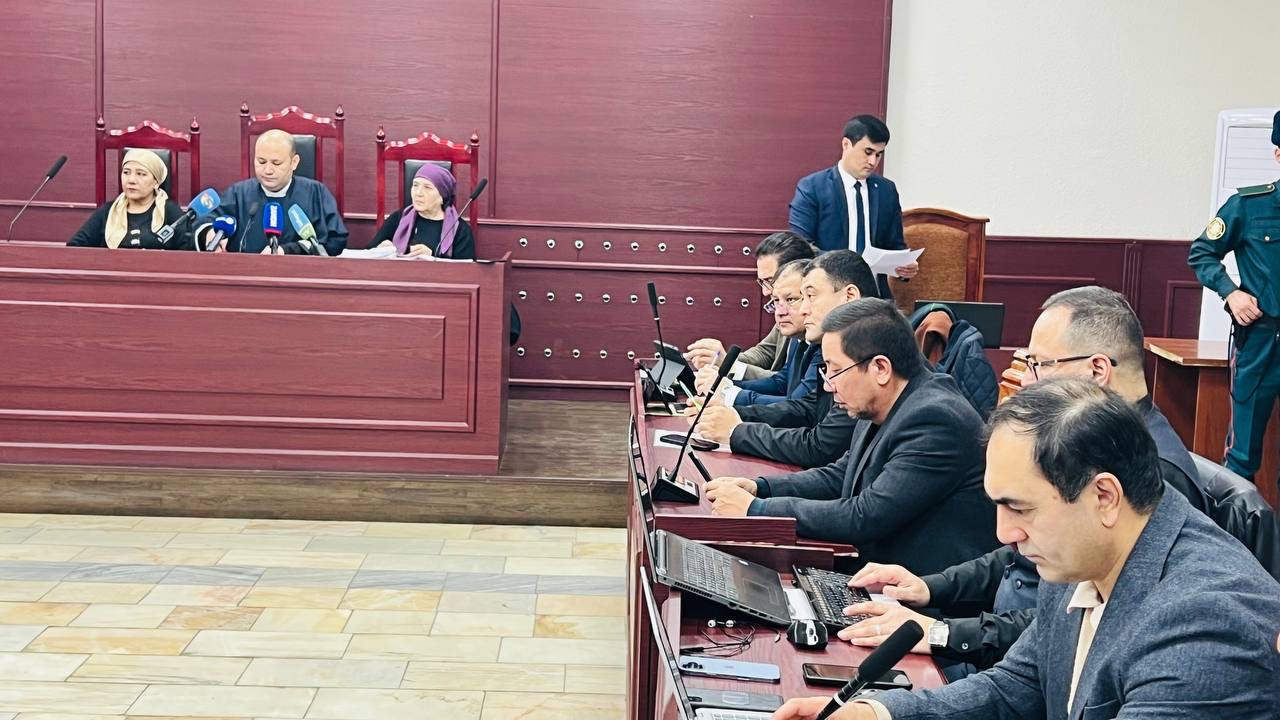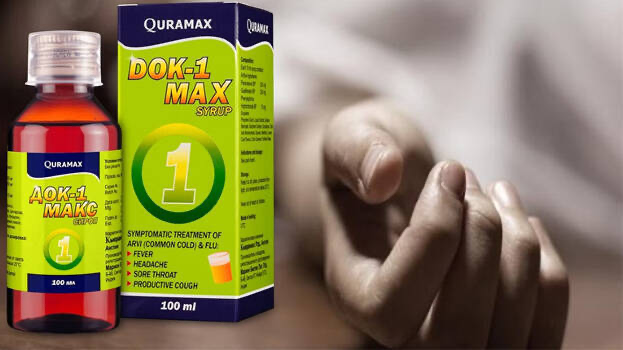In the latest court session on January 19, related to the "Dok-1 Max" case, the defendant filed a plea for the modification of his preventive detention citing poor health. However, the court denied the request, Daryo's correspondent reports.

In the ongoing Dok-1 Max trial in Uzbekistan, S.R.P., the Indian defendant and director of Quramax Medical, faced another setback as the court rejected a plea to alter his preventive measure of imprisonment. The request, filed by defense attorney Davron Ahmadov, aimed to change the measure to a non-imprisonment-related alternative, citing health issues and significant weight loss.
The motion highlighted the defendant's deteriorating health conditions, as he allegedly lost 15 kilograms of weight during his time in the pre-trial detention center, where he claimed to face difficulties in obtaining proper meals due to religious beliefs and vegetarianism. Despite these concerns, the court remained steadfast in its decision to maintain the current preventive measure of imprisonment.
The Dok-1 Max trial, which commenced on August 11, 2023, revolves around the controversial syrup produced by Indian pharmaceutical company Marion Biotech. The drug was discovered to contain technical propylene glycol, a toxic substance harmful to humans.

Case Overview
The focal figures in the legal proceedings include S.R.P. and S.K., occupying pivotal roles in Quramax Medical and the State Center for Expertise and Standardization of Medicines, Medical Products, and Medical Equipment, respectively. The case involves a total of 21 individuals, with the defendants comprising 16 men and 5 women. Currently, 7 defendants are in custody, 12 have been instructed to demonstrate good behavior, and 2 are under precautionary measures involving bail.
The accused parties are confronted with various charges specified in Articles of the Criminal Code. The charges encompass allegations of involvement in pharmaceutical malpractice, negligence, and potentially even manslaughter. The severity of the accusations is underscored by the tragic consequence of their actions: the deaths of 65 young children who had consumed the "Dok-1 Max" syrup.
The Uzbekistan government has taken strict measures, withdrawing Dok-1 Max tablets and syrups from all pharmacies in the country following the revelation of the toxic substance. This legal action comes in the wake of a tragic incident in Gambia, where at least 70 children died due to cough and cold syrups linked to Maiden Pharmaceuticals, a New Delhi-based company. Both the Indian government and Maiden Pharmaceuticals have denied any wrongdoing.
India, often referred to as the 'pharmacy of the world,' has experienced a significant boost in pharmaceutical exports, reaching $24.5bn in the last fiscal year. The Dok-1 Max case has raised concerns about the safety and regulation of pharmaceutical products in the global market.
Follow Daryo's official Instagram and Twitter pages to keep current on world news.
Comments (0)